Education has been shaped by countless brilliant minds, many of whom remain lesser-known despite their revolutionary contributions. While famous figures often dominate the spotlight, there are educators whose innovative ideas have profoundly influenced the way we teach and learn today. These trailblazers introduced new ways of thinking about education, challenging conventional methods and advocating for the needs of all students. In this article, we’ll explore the top 9 lesser-known educators who have quietly but powerfully transformed the world of learning, leaving a lasting legacy that continues to impact classrooms around the globe.
Horace Mann (1796-1859)
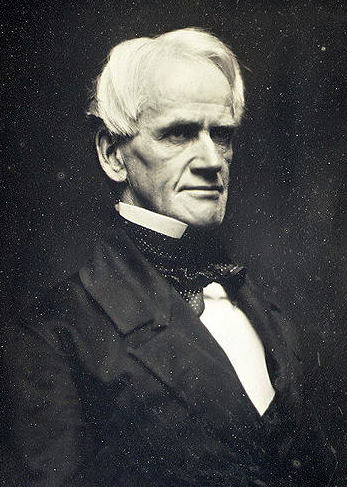
Horace Mann is often hailed as the father of American public education, yet his contributions are often overshadowed by more contemporary figures. Born in a time when formal education was accessible only to the wealthy, Mann’s vision was to democratize education. He passionately believed that education was the great equalizer, capable of transforming individuals and society. Mann advocated for the establishment of free, non-sectarian public schools funded by taxes, a revolutionary concept at the time. He also championed the professional training of teachers, the creation of free libraries, and a curriculum that emphasized moral values alongside academic subjects. His efforts laid the groundwork for the modern public school system in the United States, making education accessible to all children regardless of their socio-economic background. Mann’s belief that education should be both universal and non-denominational continues to influence educational policies worldwide.
Friedrich Froebel (1782-1852)
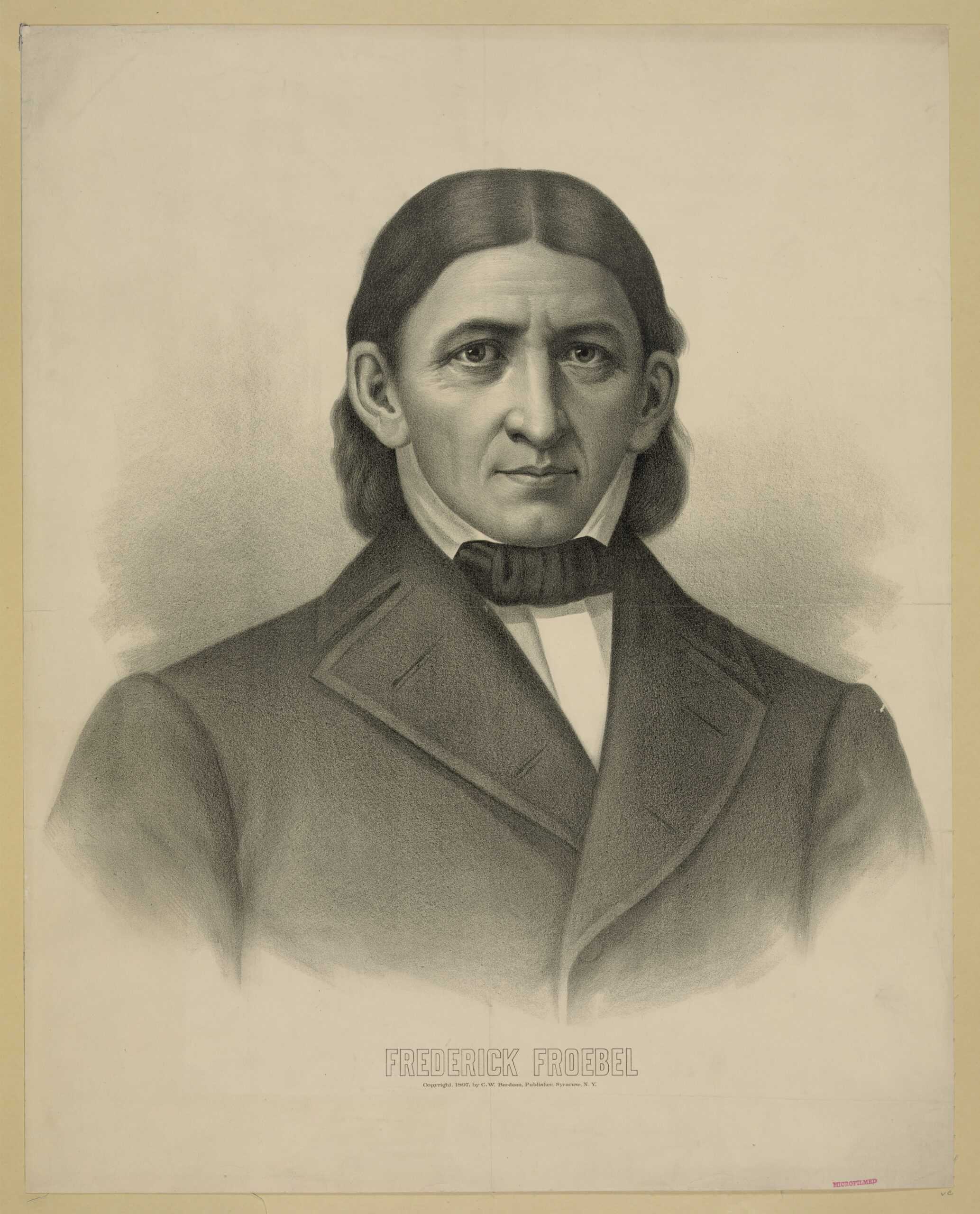
Friedrich Froebel was a pioneering German educator who is best known for creating the concept of kindergarten. His philosophy of education was grounded in the belief that young children possess inherent qualities that need to be nurtured in a natural, playful environment. Froebel introduced the idea that play is the highest expression of human development in childhood, as it alone is the free expression of what is in a child’s soul. He emphasized the importance of hands-on activities, creativity, and social interaction in early childhood education, a stark contrast to the rigid, rote learning methods of his time. Froebel’s kindergartens, which integrated singing, dancing, and playing with structured learning, laid the foundation for modern early childhood education. His influence can be seen in Montessori schools, Reggio Emilia programs, and other progressive education systems around the world, which continue to embrace his belief in the importance of nurturing a child’s innate creativity and curiosity.
Charlotte Mason (1842-1923)
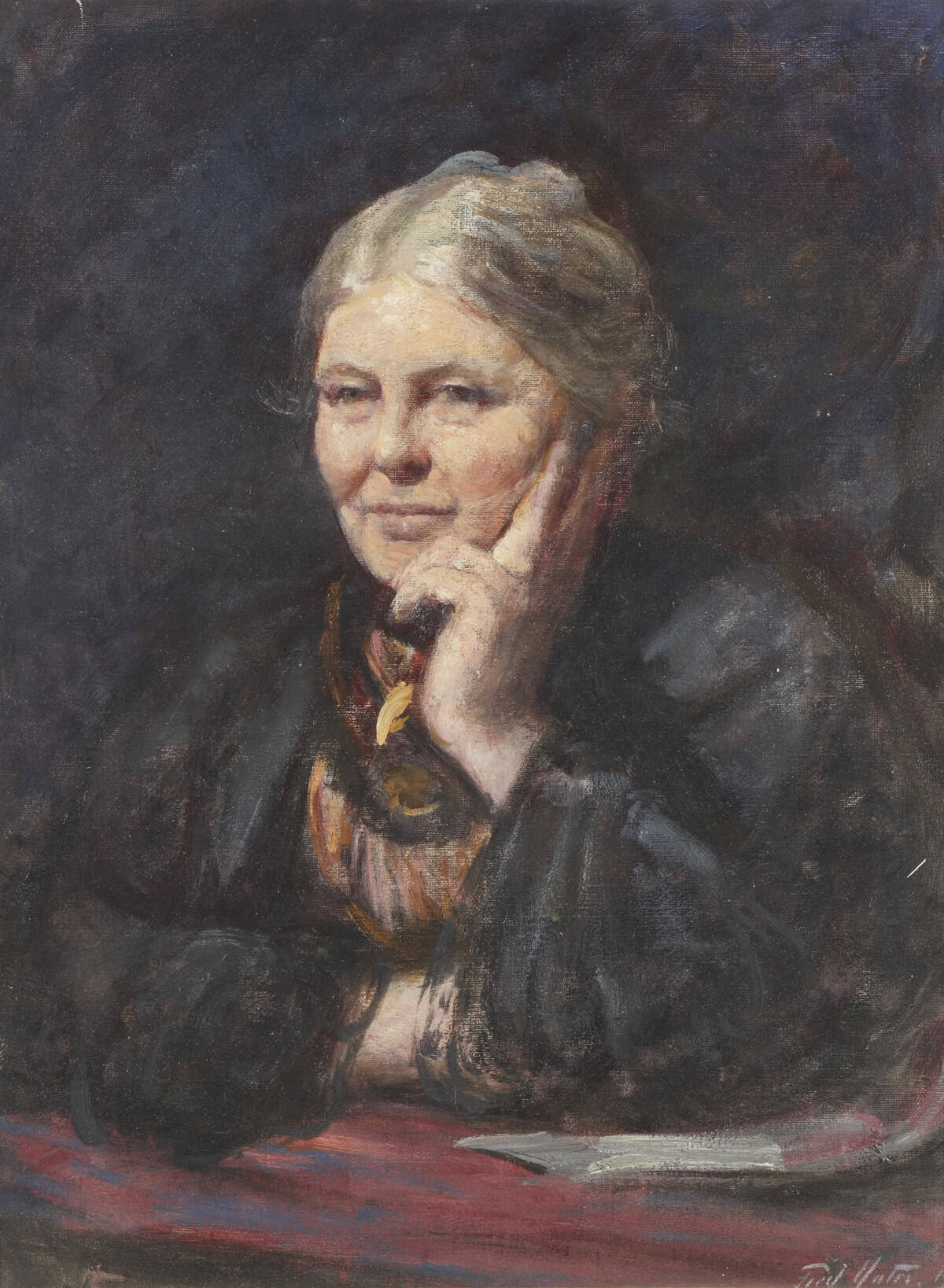
Charlotte Mason was a British educator whose progressive educational philosophy emphasized the holistic development of children. She believed that education should go beyond rote memorization and standardized testing, focusing instead on nurturing a child’s natural curiosity and love of learning. Mason advocated for the use of “living books” – books written by passionate authors who brought subjects to life, rather than dry, factual textbooks. She also emphasized the importance of nature study, art, music, and physical activity in a child’s education. Mason’s educational methods were revolutionary in that they respected the child as a whole person and recognized the importance of a well-rounded education. Her approach has had a lasting impact on homeschooling and progressive education movements, with many educators and parents today continuing to implement her methods in their teaching practices.
Jerome Bruner (1915-2016)
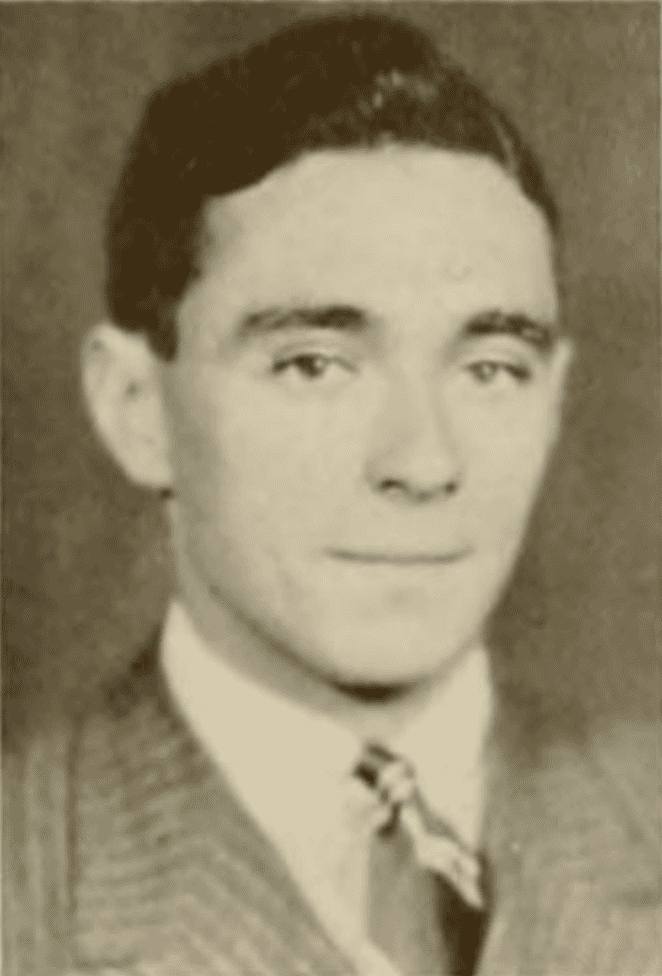
Jerome Bruner was an influential American psychologist and educator who played a crucial role in the development of cognitive psychology and the constructivist approach to education. Bruner believed that learning is an active process in which learners construct new ideas based on their current knowledge. His discovery learning theory emphasized the importance of problem-solving and inquiry-based learning, where students are encouraged to explore, hypothesize, and experiment. Bruner’s work challenged the behaviorist model of education, which focused on rote memorization and passive learning. Instead, he advocated for a more dynamic approach that recognized the importance of context and the student’s role in the learning process. His ideas have had a profound impact on curriculum design, instructional strategies, and educational psychology, influencing how educators think about teaching and learning.
Mary McLeod Bethune (1875-1955)
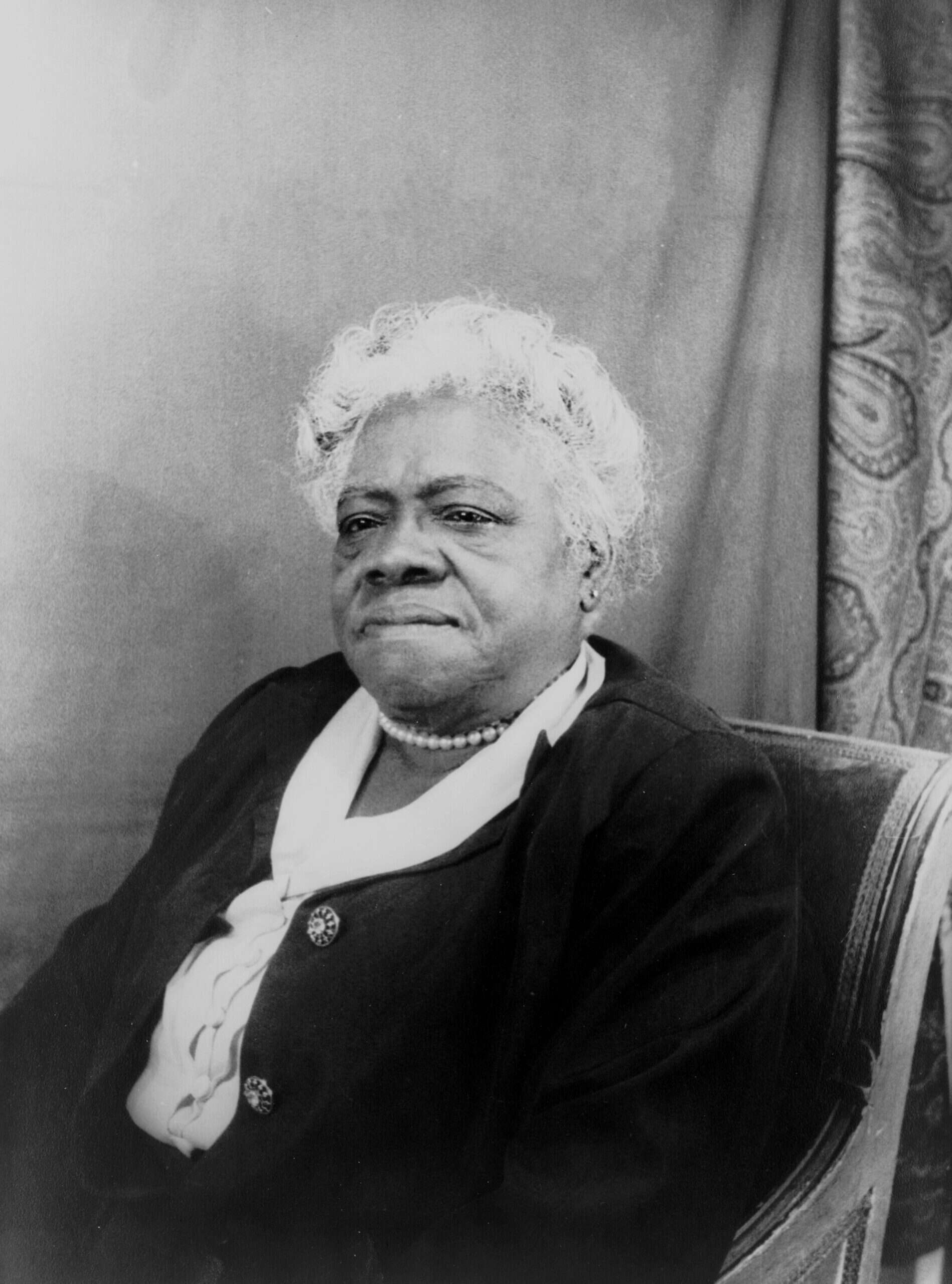
Mary McLeod Bethune was an American educator and civil rights leader who dedicated her life to improving educational opportunities for African American children. Born to former slaves, Bethune understood the transformative power of education and made it her mission to ensure that Black children, particularly girls, had access to quality education. In 1904, she founded the Daytona Normal and Industrial Institute for Negro Girls, which later became Bethune-Cookman University. Bethune was a tireless advocate for racial and gender equality, and her work extended beyond education into broader social justice movements. She served as an advisor to President Franklin D. Roosevelt, making her one of the most influential African American leaders of her time. Bethune’s legacy lives on in the numerous schools, institutions, and social programs that continue to bear her name and follow her vision of education as a means of empowerment.
Booker T. Washington (1856-1915)
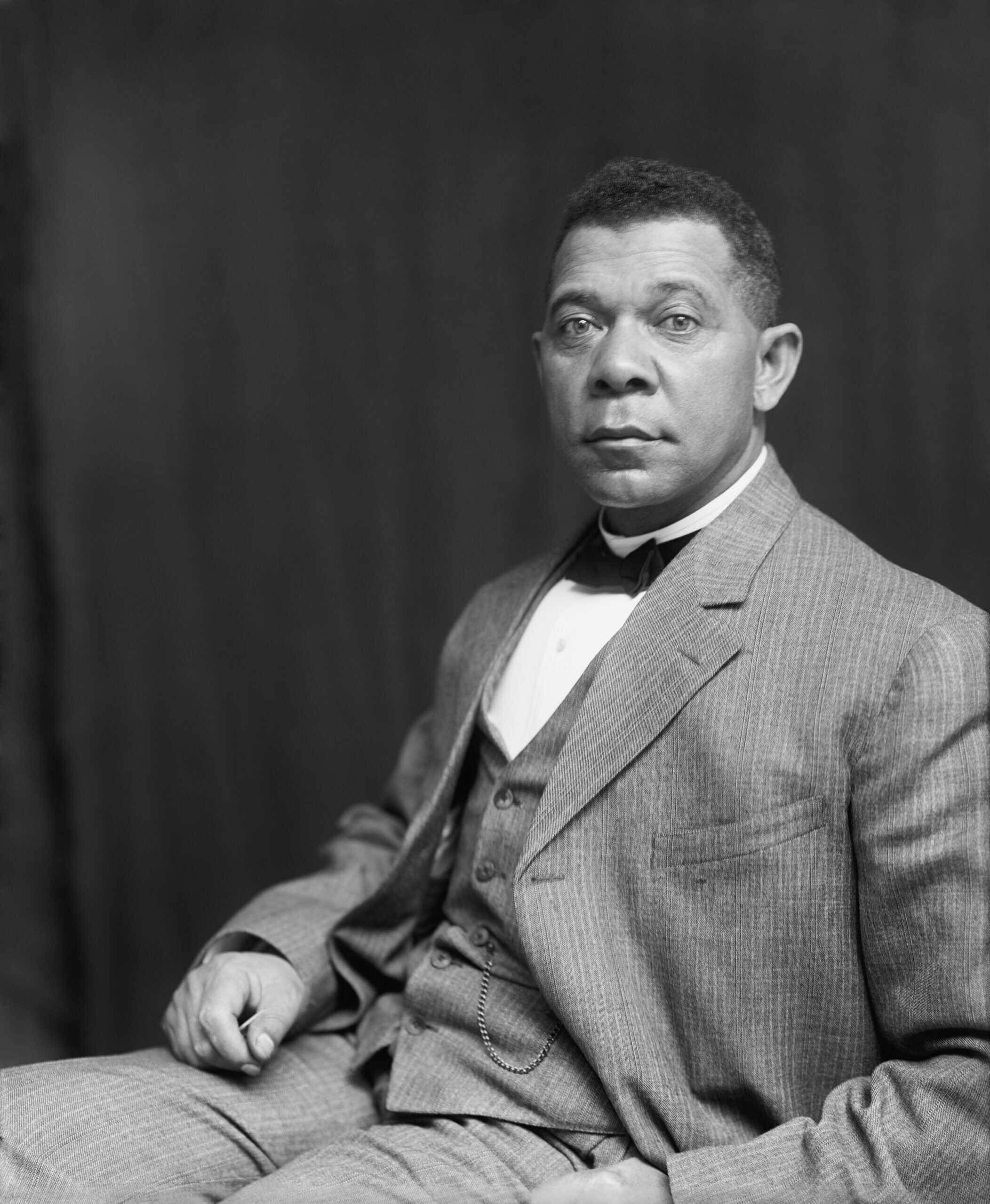
Booker T. Washington was a leading African American educator, author, and advisor to U.S. presidents during the late 19th and early 20th centuries. Born into slavery, Washington’s journey to education was fraught with challenges, but he ultimately became one of the most influential educators of his time. He founded the Tuskegee Institute in Alabama, a vocational school that provided African Americans with practical skills and education in trades that were essential for economic independence. Washington believed that education was the key to social and economic advancement for African Americans, and he used his platform to advocate for racial uplift and self-reliance. His work laid the foundation for future civil rights movements and continues to inspire educators and activists dedicated to improving educational opportunities for marginalized communities.
Jean Piaget (1896-1980)
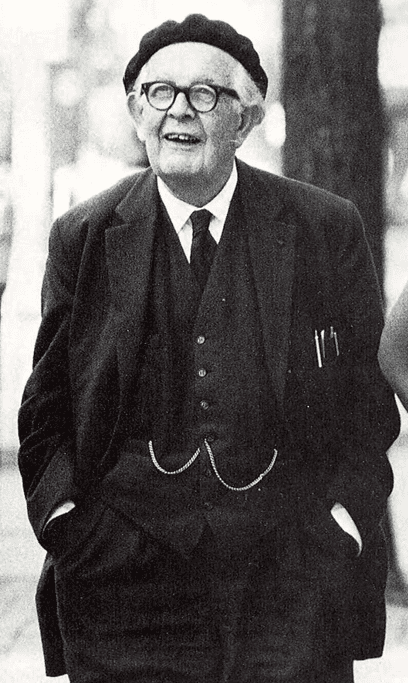
Jean Piaget was a Swiss psychologist whose research on cognitive development revolutionized the field of education. Piaget’s theory of cognitive development outlined how children construct knowledge through stages, each characterized by different ways of thinking and learning. He emphasized the importance of active learning, where children interact with their environment and gradually build their understanding of the world. Piaget’s work challenged the traditional view of children as passive recipients of knowledge, instead highlighting the dynamic and evolving nature of their cognitive processes. His ideas have profoundly influenced early childhood education, shaping teaching methods and curricula that are designed to align with the developmental stages of children. Piaget’s contributions to educational psychology continue to inform how educators understand and support the learning process.
Howard Gardner (1943-)

Howard Gardner is an American psychologist and educator best known for his theory of multiple intelligences, which challenged the traditional notion of a single, general intelligence. Gardner proposed that individuals possess a range of intelligences, including linguistic, logical-mathematical, musical, spatial, bodily-kinesthetic, interpersonal, intrapersonal, and naturalistic intelligences. This theory has had a significant impact on education, as it broadened the understanding of how students learn and how their abilities can be assessed. Gardner’s work has led to more personalized and diversified instructional strategies, with educators recognizing the need to cater to different learning styles and strengths. His influence is seen in the shift away from standardized testing and the increasing emphasis on performance-based assessments and differentiated instruction.
Maria Montessori (1870-1952)
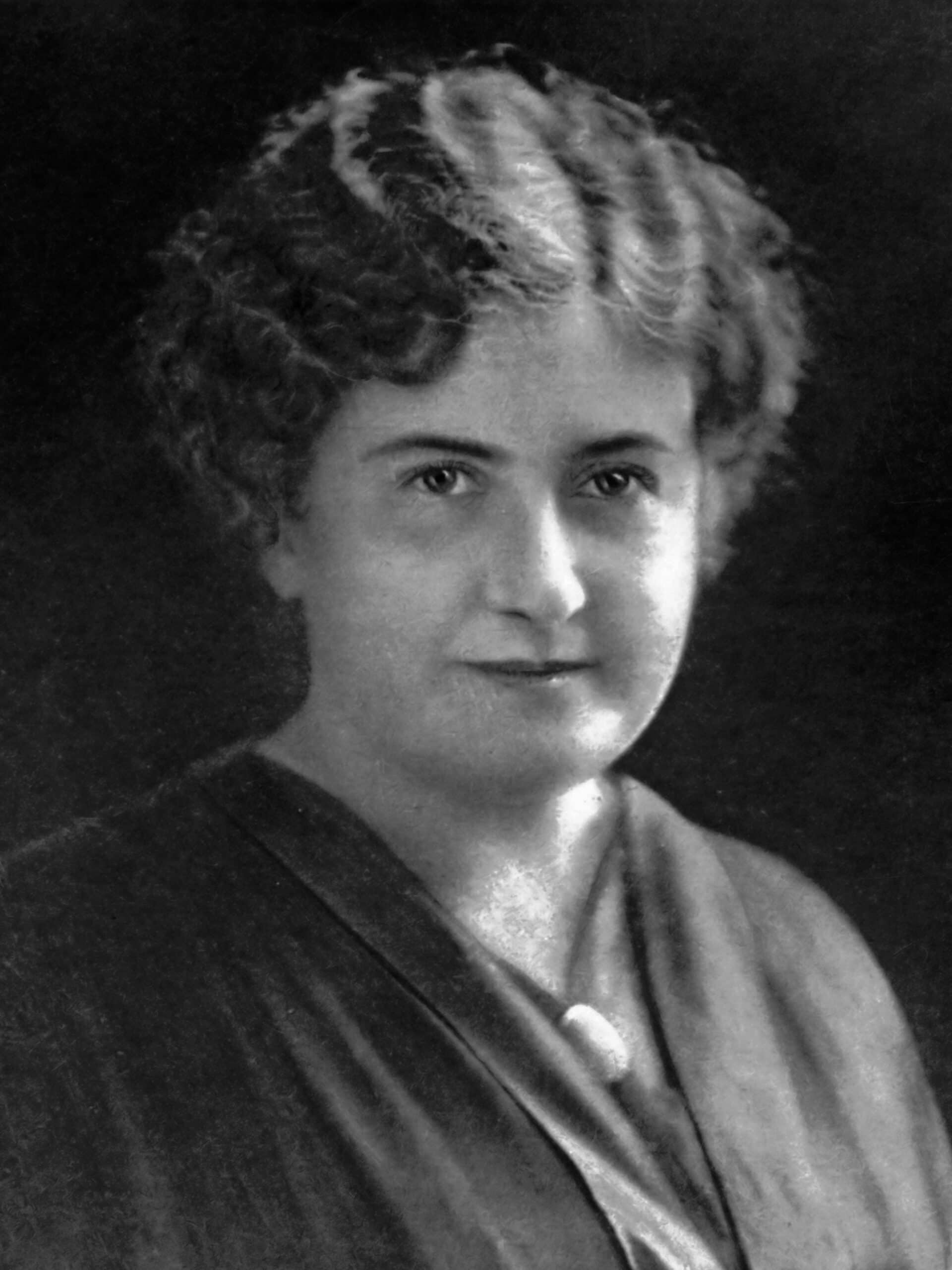
Maria Montessori was an Italian physician and educator who developed the Montessori method, an educational approach that emphasizes self-directed learning, hands-on activities, and collaborative play. Montessori’s work revolutionized early childhood education by focusing on the individual needs and developmental stages of each child, rather than a one-size-fits-all approach. Her methods are based on careful observation and the belief that children learn best when they are given the freedom to explore and engage with their environment. Montessori schools, which have spread worldwide, continue to embody her philosophy, promoting independence, creativity, and a love of learning in children. Montessori’s influence extends beyond the classroom, as her ideas about child development have shaped educational practices and policies around the world.
This article originally appeared on Rarest.org.
More from Rarest.org
Flea markets are treasure troves of unique and valuable collectibles. Each visit can lead to the discovery of fascinating items with rich histories. Read more.
The Indian Premier League (IPL) is not just a cricket tournament; it’s a spectacle of glamour, excitement, and immense financial investment. Among the various teams, a few have consistently topped the charts in terms of their market value and success. Read more.
Retro video games hold a special place in the hearts of gamers, offering a nostalgic trip back to the early days of gaming. These classic titles not only paved the way for modern games but also continue to captivate collectors and enthusiasts with their timeless appeal. Read more.



